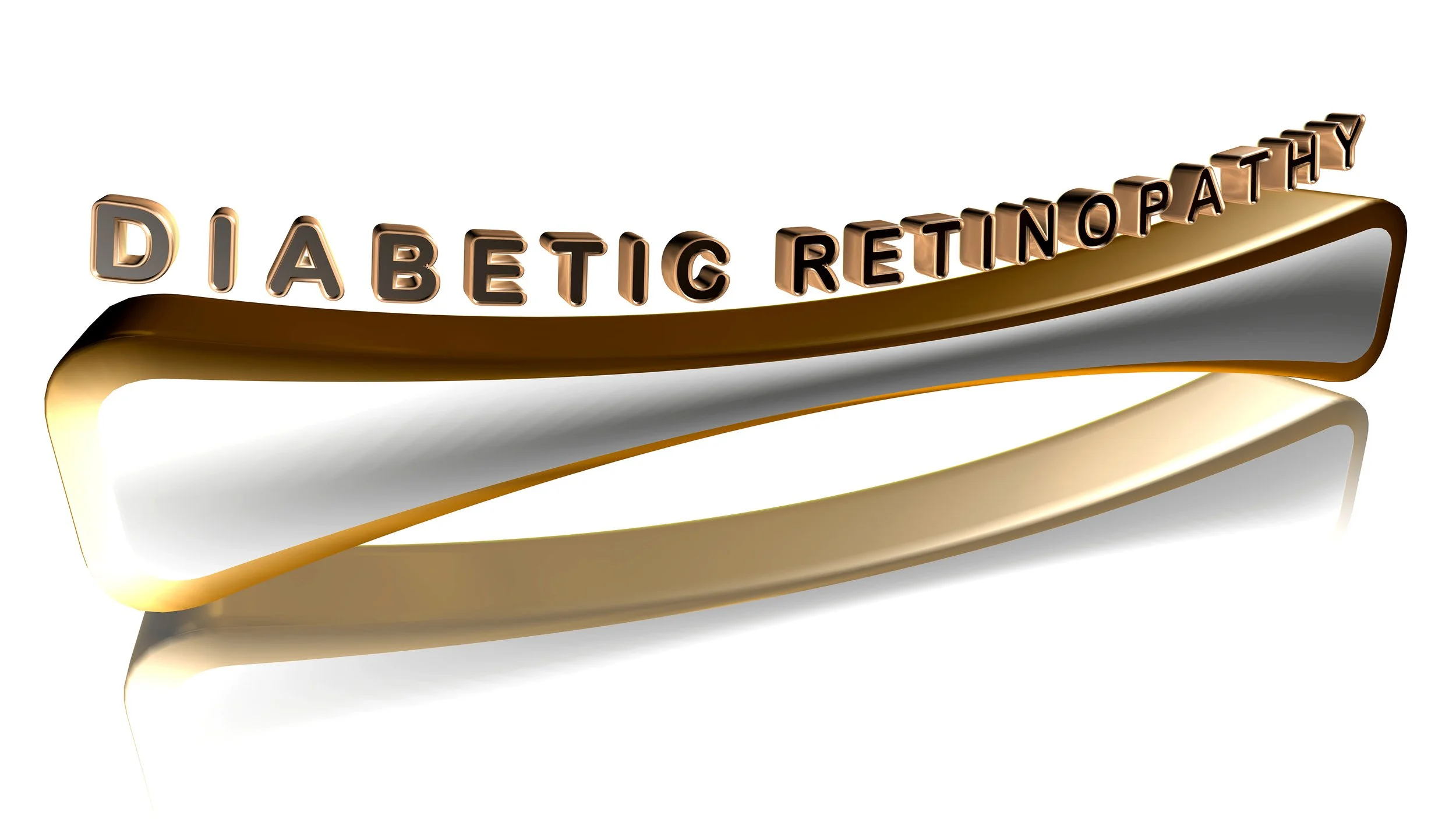
retinopathy exams
retinopathy screening
Retinopathy screenings detect a wide range of eye disorders including hypertensive retinopathy, glaucoma, papilledema, ocular stroke, macular degeneration, central nevus/melanoma, and cholesterol plaques.
Your retinal exam is painless, takes less than 15-minutes to complete, and requires no dilating drops for most patients!
The American Academy of Ophthalmology recommends that anyone with Type 1 or Type 2 diabetes receive a retinal eye exam every year.
Eye problems caused by diabetes are called diabetic retinopathy. This can lead to sight loss if it’s not found early, however, the eye screening test can find problems before they affect your sight. Pictures are taken of the back of your eyes to check for any changes.
Did you know:
Diabetic retinopathy is the leading cause of preventable blindness in the United States in people 18 to 65 years of age.
Early detection can reduce the risk of severe vision loss by 90% and significantly reduce long-term healthcare costs.
Unfortunately, fewer than 50% of patients with diabetes get a diabetic eye screening annually.
prepare for your visit
Some patients should be prepared to have their pupils dilated as this will provide a better look at the inside of the eye. The exam will likely also check for glaucoma and cataracts, both of which occur more frequently in people with diabetes and can cause vision problems. Be sure to be prepared to remove contact lenses, if applicable.
Dilation Process (if needed):
We will not dilate if the patient has glaucoma/family history of glaucoma, or of pregnant.
It is safe to dilate patients post-cataract or post Lasik.

